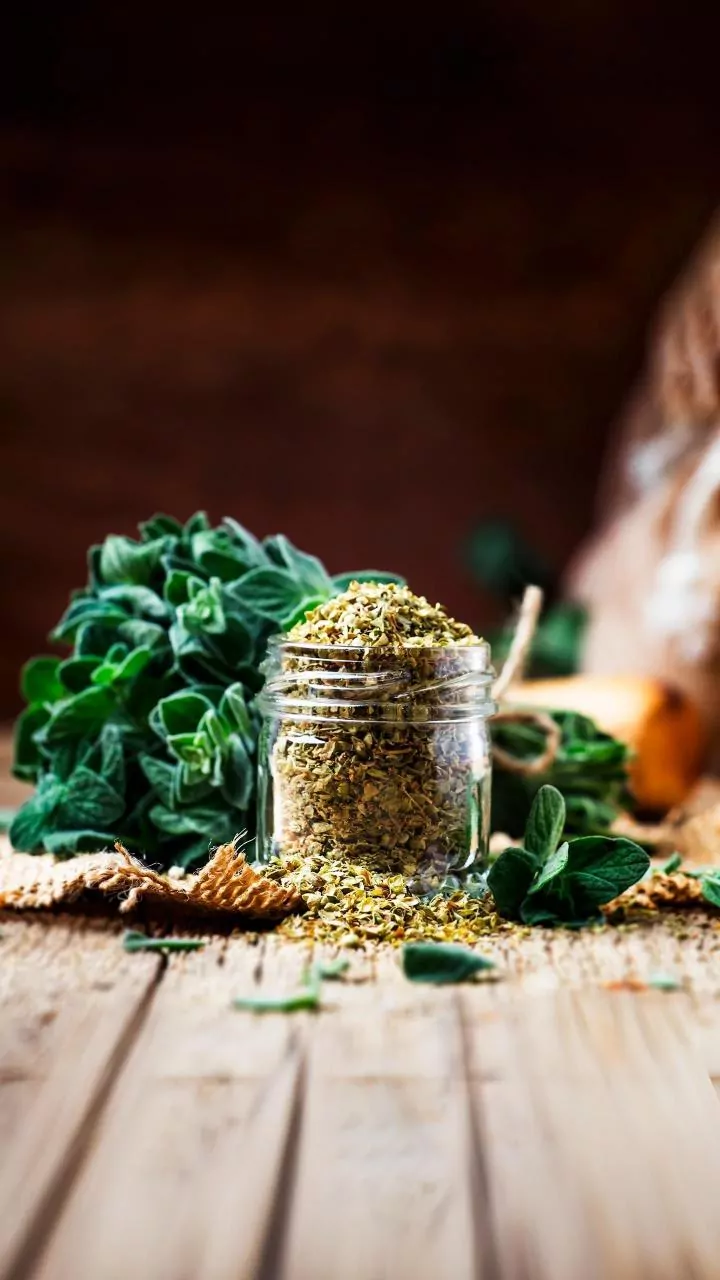Ladyfinger, also known as okra, is a staple in many Indian kitchens. Rich in vitamin C, vitamin K, folate, fibre, magnesium, and antioxidants, it is widely considered beneficial for digestion, immunity,
and blood sugar control. However, despite its health benefits, ladyfinger is not suitable for everyone. Experts warn that people with certain medical conditions should avoid or limit its consumption to prevent potential health complications.
Dr Anil Patel, a resident doctor from Khandwa, Madhya Pradesh, told Local 18 that while ladyfinger is a healthy and tasty vegetable, it is not suitable for everyone. People with kidney stones, gout, and digestive disorders should be cautious.
People with Kidney Stones
Ladyfinger contains high levels of oxalates, which can combine with calcium in the body to form calcium oxalate stones, the most common type of kidney stones. Individuals with a history of kidney stones or a family predisposition should avoid eating ladyfinger. If consumed, it should be in very small quantities, along with plenty of water to help flush out oxalates.
People Suffering from Gout
Gout is caused by elevated uric acid levels, leading to joint pain and swelling. The oxalates in ladyfinger can aid in the crystallisation of uric acid, worsening the condition. Gout sufferers, especially during winters when the problem intensifies, are advised to avoid ladyfinger entirely.
People with Digestive Problems
Although ladyfinger is high in fibre, it may aggravate existing digestive issues such as gas, bloating, irritable bowel syndrome, or indigestion. Consumption in such cases can lead to stomach cramps and discomfort. People with these conditions should only include ladyfinger in their diet after consulting a doctor.
People Taking Blood-Thinning Medicines
Ladyfinger is a rich source of vitamin K, which aids in blood clotting. For individuals on blood thinners, excessive intake can interfere with the medication’s effectiveness, increasing the risk of blood clot formation. Such individuals should either avoid ladyfinger or consume it only under medical guidance.
People with Allergies
Though rare, some people may be allergic to ladyfinger. Symptoms can include skin itching, rashes, swelling, difficulty breathing, or a burning sensation in the mouth. In severe cases, allergies can trigger anaphylaxis. Anyone experiencing these symptoms should stop consuming ladyfinger immediately and seek medical attention.





















